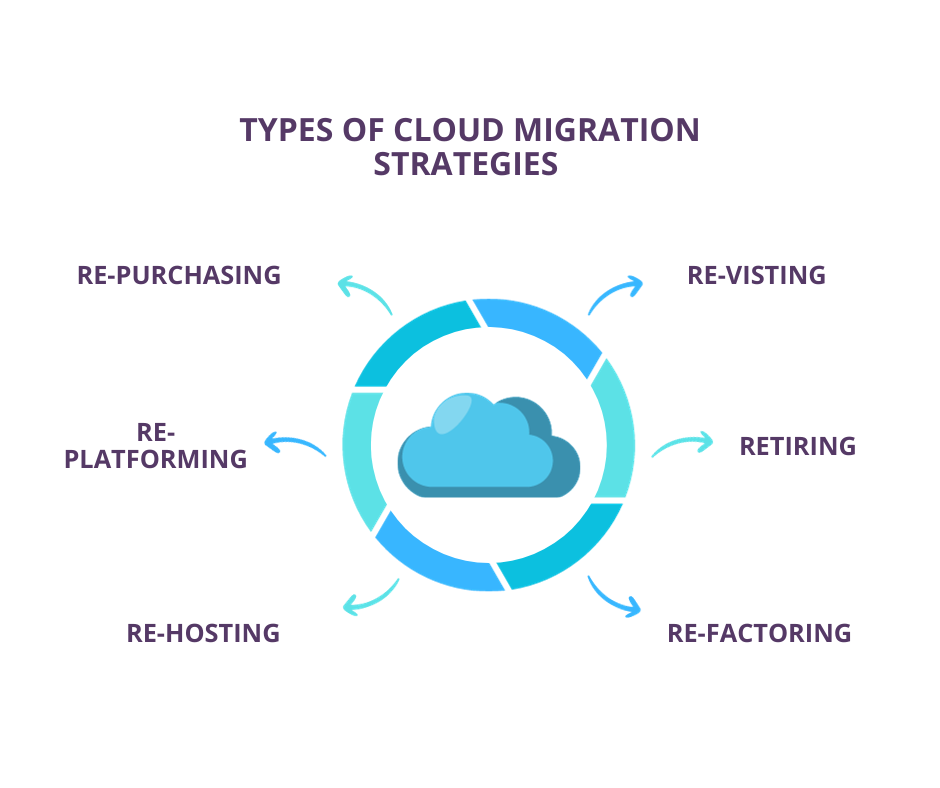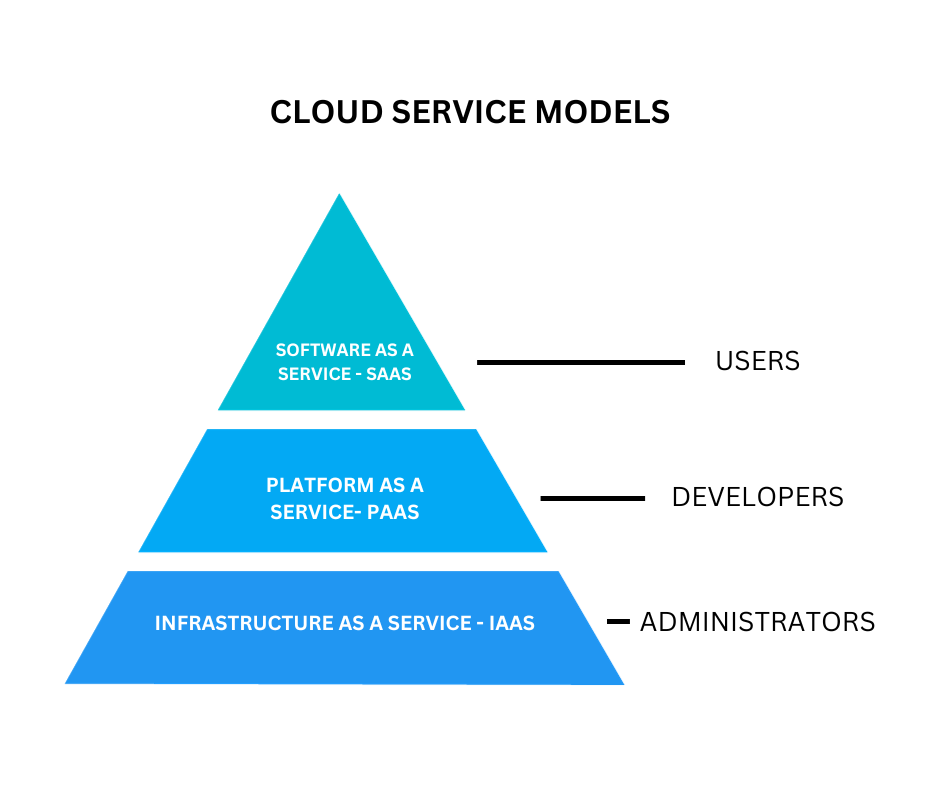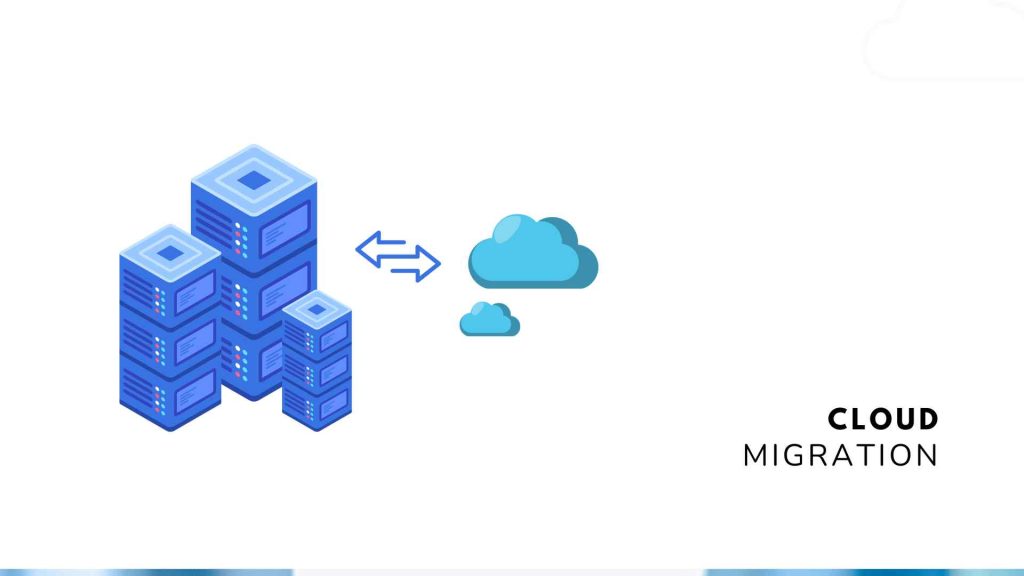Businesses increasingly embrace cloud technology to drive innovation, efficiency, and scalability. Cloud migration has become a pivotal strategy for enterprises looking to enhance their operations, and one crucial aspect of this migration involves ERP systems. This blog explores the essence of cloud migration, its significance for ERP, the role of cloud-based ERP, the key considerations and challenges, and how Acumatica can facilitate a seamless transition.
What is Cloud Migration?
Cloud migration refers to moving digital assets, applications, or data from on-premises infrastructure to the cloud. It involves transitioning from traditional, hardware-based systems to remote, off-site servers that offer scalability, flexibility, and accessibility. The migration can encompass various aspects, including data storage, applications, and infrastructure.

Why Your ERP Needs to Move to the Cloud Solution
ERP is the backbone of a business, integrating various functions such as finance, human resources, supply chain, and more. Migrating an ERP system to the cloud offers numerous advantages, including increased accessibility, improved collaboration, reduced maintenance costs, enhanced security, and the ability to leverage real-time data and analytics for informed decision-making.
What is Cloud-Based ERP, and Why Is It Important?
Cloud-based ERP refers to ERP software hosted on the cloud rather than local servers. It offers the same functionalities as traditional ERP but with the added benefits of cloud technology. It allows for remote access, seamless updates, better integration capabilities, and reduced infrastructure costs. Moreover, it enables businesses to adapt quickly and scale their operations without major overhauls.
Cloud ERP Software in Action
Cloud ERP software, such as Acumatica, exemplifies the power and potential of cloud-based solutions. Acumatica offers a comprehensive suite of ERP applications, including financials, distribution, project accounting, and more. Its cloud-native architecture ensures flexibility, scalability, and reliability, empowering businesses to streamline operations and drive growth.

Key Considerations of a Cloud Migration
A successful cloud migration strategy involves careful planning and consideration. Security, data migration, compatibility, and integration with existing systems must be thoroughly assessed. Scalability, compliance requirements, and the impact on day-to-day operations should also be part of the evaluation process.
On-Premises to Cloud Migration Process
The process of migrating from on-premises ERP to the cloud involves several steps:
- Assessment: Analyze current infrastructure, identify critical systems, and evaluate the feasibility of migration.
- Planning: Develop a migration strategy, considering timelines, resources, and potential challenges.
- Data Migration: Transfer data to the cloud, ensuring data integrity and security.
- Testing: Validate the migrated system to provide functionality and performance.
- Deployment: Implement the cloud-based ERP system, train users, and monitor for issues.
On-Premises to Migrating to the Cloud Challenges to Overcome
Several challenges accompany the transition from on-premises to the cloud, including:
- Data Security: Ensuring data security during the migration process is paramount.
- Integration: Seamless integration with existing systems and third-party applications.
- Downtime and Disruption: Minimizing operational disruption during the transition.
- Data Consistency: Maintaining data consistency and accuracy throughout the migration.
How Acumatica Can Help with ERP Cloud Migration
Acumatica stands out as a leading solution for ERP cloud migration. Its cloud-native design facilitates a smooth transition by offering:
- Seamless Integration: Acumatica easily integrates with existing systems, ensuring a hassle-free migration process.
- Flexibility and Scalability: Its cloud-based architecture provides flexibility and scalability for growing businesses.
- Security and Compliance: Robust security measures and compliance features ensure data protection and adherence to regulations.
In conclusion, cloud migration, especially for ERP systems, is a strategic movement that offers numerous benefits for companies. However, it requires meticulous planning and the right tools for a successful transition. Acumatica’s cloud-based ERP solution is a reliable partner, aiding in a seamless migration and empowering businesses to thrive in an increasingly digital world.

Vijay comes with a vast experience in ERP and enterprise solutions space with about 20 years of experience in various packaged application like Acumatica, SAP, Orion, Salesforce.com, SugarCRM and, SalesLogix.

